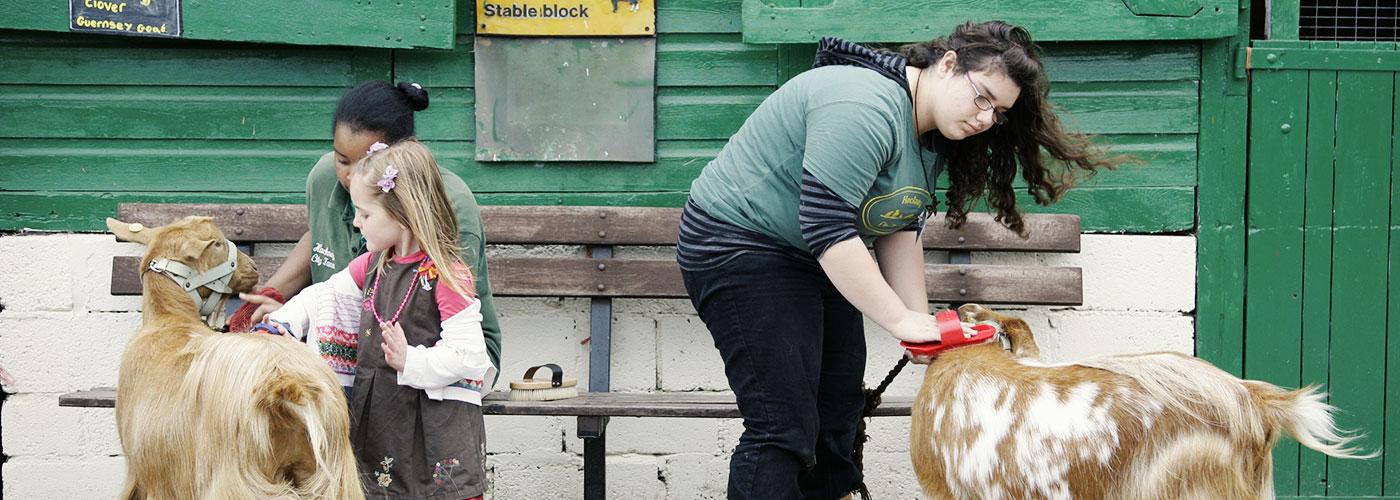London culture magazine 'Huck' has its finger on the pulse for community matters in London. This month they interviewed Social Farms & Gardens for their article 'Force of nature: the battle to save London’s green spaces'.
Writer Jessica Furseth meets the people trying to save them:
"As the city’s population rises, the future of its green spaces – which are vital for community spirit, physical health and mental wellbeing – are in doubt. Greenery is good for us. Research shows that living in a leafy urban area reduces the risk of depression and anxiety. Working with others towards a common goal, such as taking care of plants or a vegetable patch, creates community, or just being outside for a bit and watching the birds or frogs is positive for bringing about a different state of mind. “It creates a sense of flow,” says Amber Alferoff, London Project Officer at Social Farms & Gardens, a support charity. “You find yourself in the most gorgeous places with the most lovely people instead of a concrete walkway. There’s always a secret green place in London that’s just waiting to be found.”
Part of the work by Social Farms & Gardens is to ensure that people “really understand that you’re not just a cutesy garden group, but you’ve really got a strong impact,” says Alferoff. Funding is often a challenge: there are grants available but often, gardens or city farms will have permission to exist but no official lease. Alferoff is keen to stress the societal value of London’s green spaces, especially in light of government cuts to mental health services. In some cases, gardens have found themselves having to perform services they may be unprepared for: “There are people who would have had mental health support in the past, but who aren’t getting it anymore. So when they arrive at community gardens, that’s not necessarily a formal support system that is [trained to help] them.” Everyone is always welcome, Alferoff adds, but often, gardens aren’t properly compensated to provide these services."
The article is full of fascinating interviews from local activists, community allotment growers and wildlife charities. Click here to read it in full.
